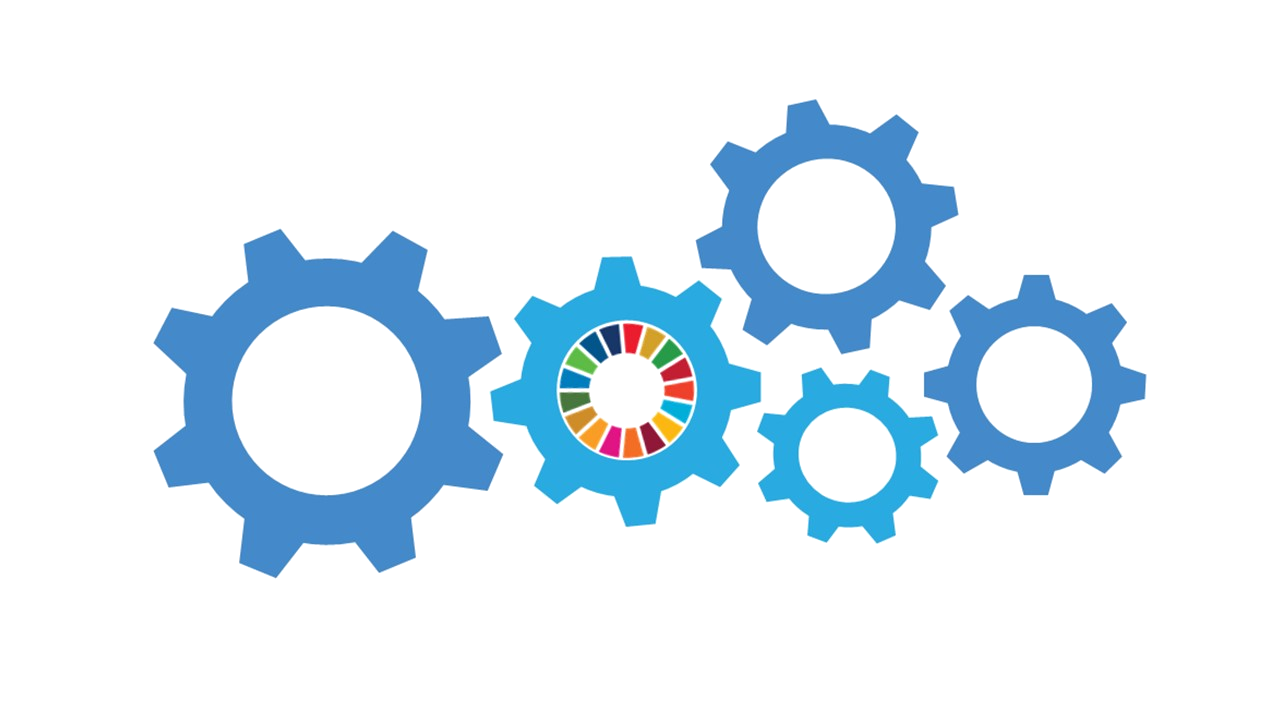Who is working on the SDGs in Germany?
The German sustainability architecture is highly elaborated and includes a number of state and civil society actors working jointly on the SDGs. Civil society actors are integrated into state structures and decision-making processes through different formats such as the dialogue group to the State Secretaries' Committee on Sustainable Development or the Sustainability Forum.
The graph is based on a presentation of the actors in the German Sustainable Development Strategy 2021, p.72
State actors
The State Secretaries' Committee for Sustainable Development brings together one state secretary from each ministry with the head of the Federal Chancellery, who chairs the committee. The committee's tasks are to review the indicator development and to adopt the indicator report. It also leads the consultations on the further development of indicators with civil society. It is responsible for the further development of the Sustainable Development Strategy and is the point of contact for the Parliamentary Advisory Council on Sustainable Development as well as for the Federal States and the municipal umbrella organisations. Effective SDG monitoring is therefore particularly relevant for the Committee's work.
In 2004, the Parliamentary Advisory Council for Sustainable Development (PBnE) was established in the Bundestag, thus henceforth giving sustainability a higher priority at parliamentary level. Its task is to check whether a sustainability assessment has been carried out within the framework of a legislative process. However, it is not entitled to review the content of a law to determine whether it is actually compatible with the goals of the Sustainable Development Strategy. A comprehensive, substantive sustainability impact assessment is therefore not carried out.
The German Council for Sustainable Development (RNE) is an independent body appointed every three years by the Federal Government to offer advise on sustainability policy. It is composed of 15 people from civil society, business, politics and academia. In addition to its advisory function, the RNE also carries out its own sustainability projects.
Social actors
The Science Platform Sustainability 2030 deals with the implementation status of the 2030 Agenda and the German Sustainable Development Strategy from a scientific perspective. It pools knowledge about sustainability and engages with politics, business and society in order to disseminate this knowledge.







